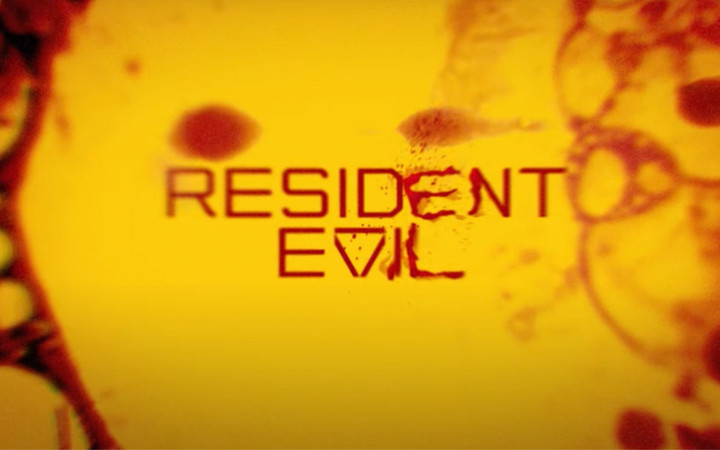Video game adaptations aren't easy to pull off, and Capcom's iconic survival horror franchise, Resident Evil, is perhaps the only video game franchise that has consistently proved the same. Paul Anderson's Resident Evil movies have had very little to do with the canonical RE universe and have often been criticized for not being faithful to the games' series.
While 2021's Welcome to the Racoon City took inspiration from Resident Evil 1 and 2, it ended up being yet another ridiculed live-action entry in this long-running franchise. Fast forward to 2022, and Netflix has released its own rendition of Resident Evil in the form of a live-action TV series.
Things are a little different this time around, with this new series being canonical to the Resident Evil games. But what are the consequences of being true to the RE lore? More importantly, does this new RE series live up to the game's 25 years long legacy? Or does it succumb to the idiocracies of past live-action adaptations, thus proving yet again that video game adaptations aren't easy?
Not the Racoon City you remember
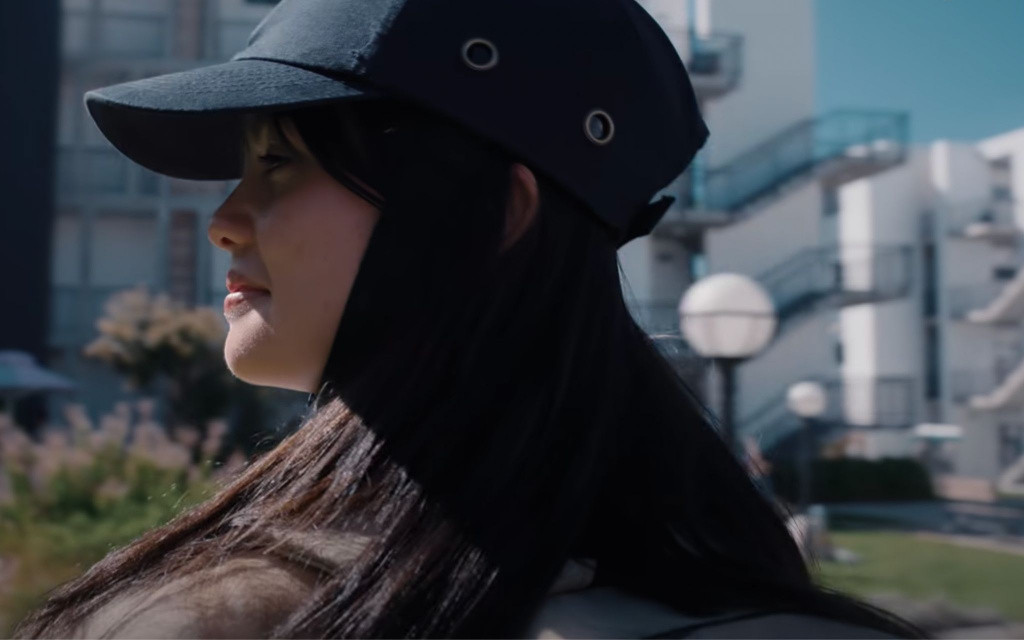
Right off the bat, it's imminent how culturally and thematically different Netflix's Resident Evil is from the video games. The story takes place in two different timelines, one in 2022, in the scorching heat of Cape Town's New Racoon City, and the other in 2036, in a destroyed dystopian London.
From Grey Umbrella corridors to brown London overgrowths, Dull catacombs to bright New Racoon City streets, the journey takes place through series-friendly locations and territories uncharted to RE fans. It's both a welcome change and a breath of fresh air.
Both these timeline unfolds from the perspective of Jade Wesker, daughter of Albert Wesker (yep, *that* Wesker.)
Past Resident Evil protagonists have all been uber-cool pretty workaholics that were only competent at delivering punches and punchlines to the enemies.
Netflix's Resident Evil, on the other hand, puts you in the shoes of two teenagers who doesn't have to care about world problems.
Unfortunately, Netflix's approach to making this the most humane Resident Evil adaptation by having protagonists that have a life outside of shooting and stabbing hordes of infected doesn't really work since the dynamic between the Wesker sisters is incoherent.
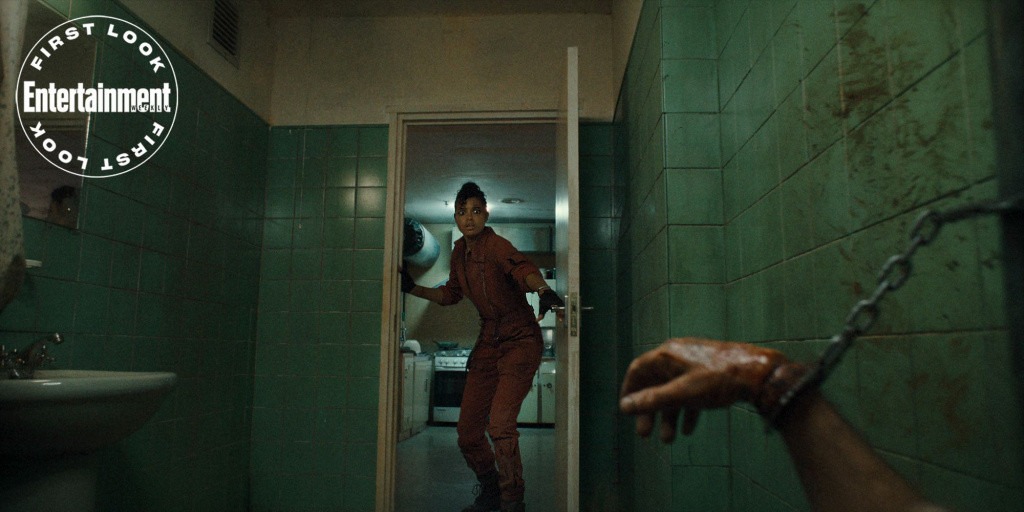
The 2022 timeline primarily focuses on building the relationship between Jade and Billie Wesker, one that stems from listening to Billie Eilish's songs, discussing high school boys, and trash-talking with their father - Albert Wesker. While I appreciate the constant banter between the Wesker siblings, the quality of it wasn't enough to make me really care about these characters.
A lot of it boils down to the performance of the actors behind these two characters, which isn't groundbreaking by any means.To make things worse, the camera often cuts close to these characters' faces during key story junctions, and because of their underwhelming acts, robs them and the show of any meaningful emotional development.
The 2036 timeline of Resident Evil is where most of the action and drama unfold. It's also what kept me invested in the show.
Ella Balinska, as an older Jade, makes up for a decent Resident Evil protagonist. While she doesn't immediately stand out like the female characters from the games such as Ada Wong or Jill Valentine, Balinska's performance saves, what is otherwise a one-dimensional character.
What's interesting here is Jade's journey through post-apocalypse London. It shows us a different side of the Resident Evil universe, one that's not constantly riddled with the BSAA and other top secret agents and agencies conspiring for or against humanity.
Jade is not a super soldier, at least not like the boulder-punching Chris Redfield or the slick agent Leon Kennedy. She's just a survivor.
Through her, we get a glimpse of how the lives of the common folks have become midst the apocalypse, people who are caught up in the constant war between the mega-corporations and the government. RE games lacked this aspect of the world building and I'm glad that the Netflix adaptation takes its time to show us a different side of the world even if it's just a little.
B-Tier Apocalypse to the end
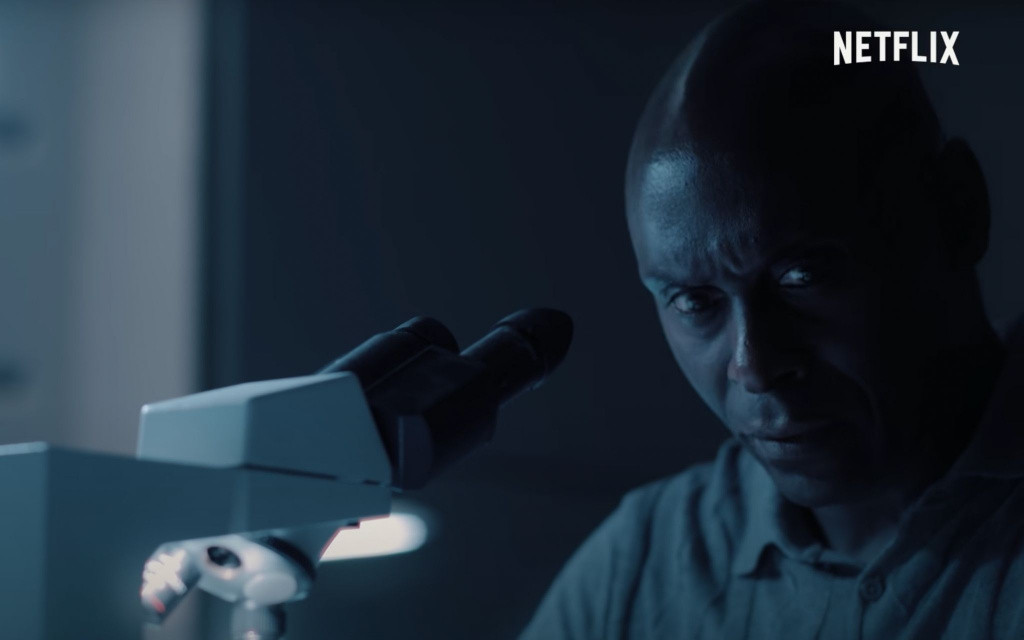
Resident Evil games have always been a sandwich of silliness and seriousness; thankfully, the Netflix series is no different. The games never truly got around to balancing the best of both worlds, and sadly, the series doesn't either.
At times, Netflix's Resident Evil is downright dumb. Characters spurt stupid lines and do stupid things, moments that always got me laughing hysterically. What's different and worth pointing out here is how some of the funny dialogues adhere to the current timeline. For instance, Wesker once compares the T-Virus to Covid, suggesting the former isn't a transmissible disease like the latter.
Moments like these always remind me why Resident Evil, despite the horror, is a fun experience, and Netflix's adaptation tries its best to live up to that reputation as well. In fact, some of these hilarious quotes are almost as dumb and memorable as RE 1's "You were almost a Jill Sandwich!" one, and that's saying something!
Paying homage to the survival horror
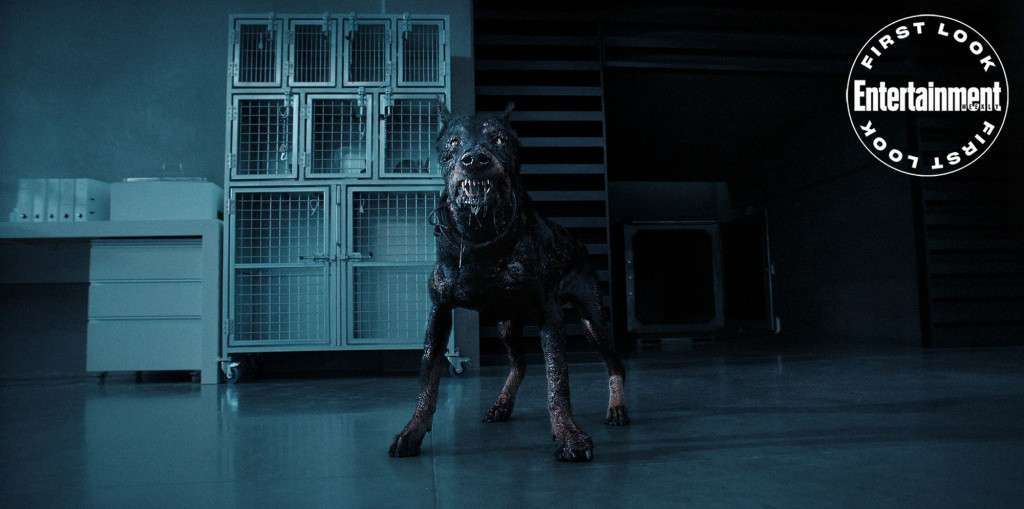
Most TV adaptations of video games fail because they either don't care about the source material or they don't pay homage to the original. Netflix's Resident Evil doesn't do either, which is what makes it the best RE adaptation ever.
While I didn't see any familiar faces, there are plenty of smart and subtle references tucked away in every episode that got me smiling and, at times, even shouting with joy.
There's a smuggler named Barry. There's an evil woman named Evelyn. A spectacular action sequence replicates Luis Sera's cabin encounter from Resident Evil 4. Most importantly, there's Albert Wesker.
The charismatic antagonist is indeed back, and there's a pretty convincing explanation for his return. It's, in fact, one of the biggest mysteries surrounding the show's first season and takes a while to unfold.
Lance Reddick is as phenomenal as Wesker and is undoubtedly the show's star, despite the 2022 timeline being underwhelming overall.
Reddick diligently captures the virologist's charm through his elegant body language, stern expressions, and, at times, relentless aggression. It all fits naturally, with Reddick proving again that he's one of the best in the business.
Not for the Non-Resident Evil fans
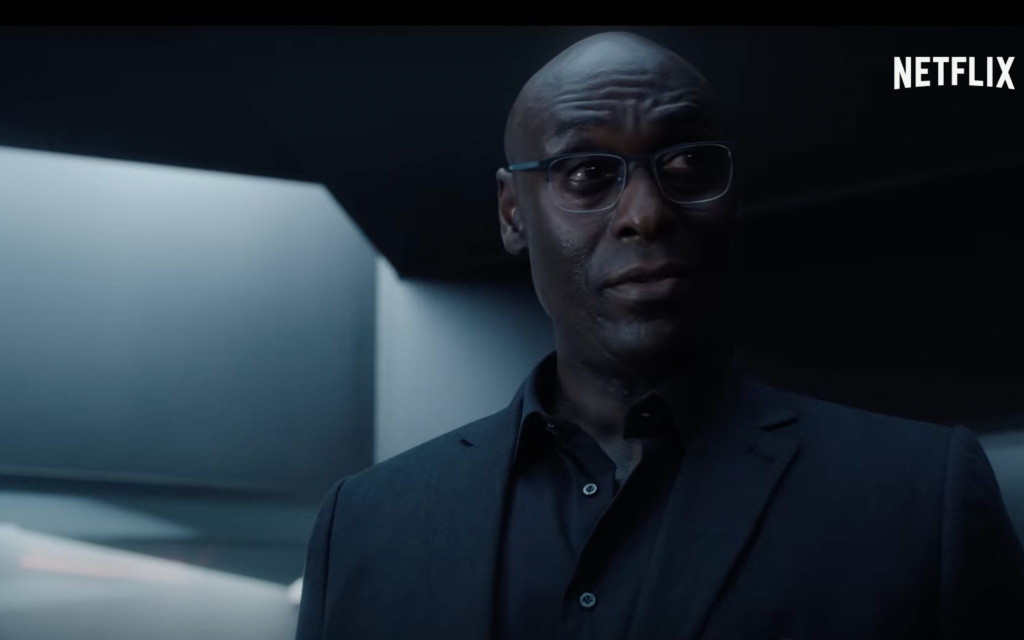
Netflix's Resident Evil is often caught up between pampering the RE fans and persuading them to like these new characters that it forgets to cater to a broader audience. What is the T- Virus? Why should you care about the 1998's Racoon City incident? Who was Wesker, and why was he wanted? What is Umbrella Corporation, and why should you hate it?
While the answers to these questions aren't necessary to progress the narrative, they are important for world-building. Without proper exposition, non-RE fans may not have any incentive to care about this world and its characters.
The references, nostalgia, and the curiosity factor aside, Netflix's Resident Evil is a pretty standard zombie post-apocalyptic affair with minimalistic character developments and a largely predictable story. There are plenty of significantly better zombie flicks on Netflix to entice a broader audience.

 No ads, our video library,
No ads, our video library,
